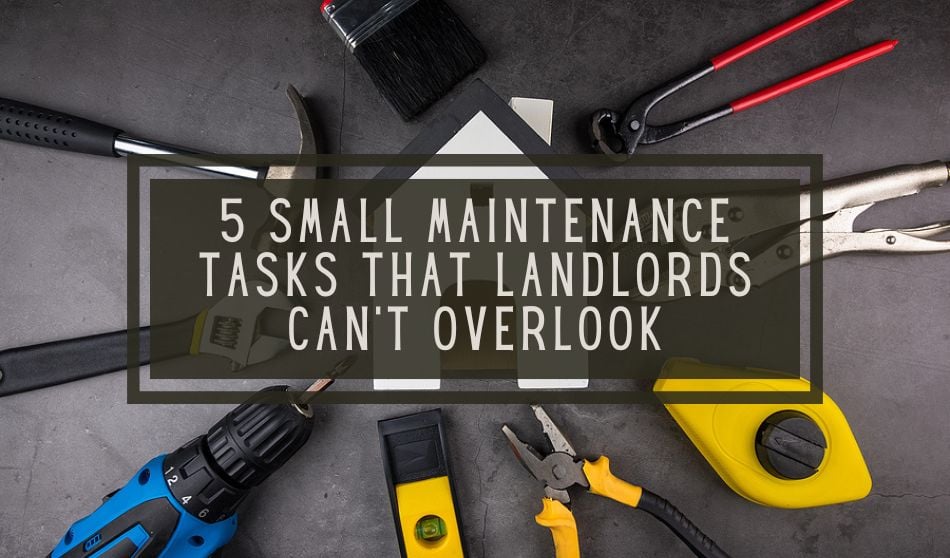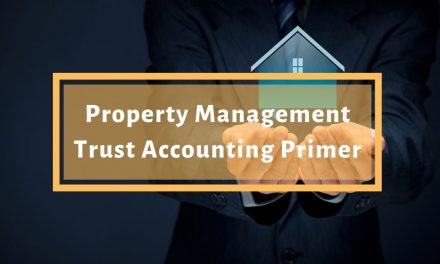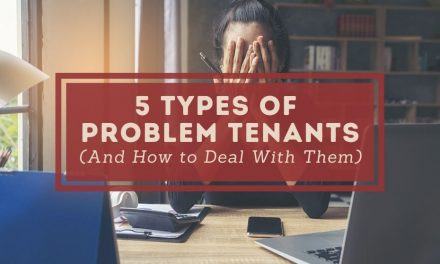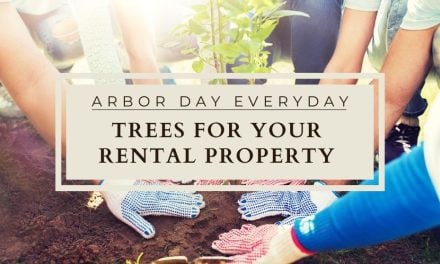
Regular property maintenance is crucial for landlords to ensure tenant safety and maintain ROI. Small rental maintenance tasks, often overlooked, can be just as important for safety and property longevity as larger ones. Don’t avoid these five essential maintenance duties, which include checking alarms and detectors, replacing air filters, fixing minor water leaks, addressing electrical issues, and mitigating trip hazards to keep rental properties safe and habitable for tenants.
Regular rental property maintenance is essential to maintaining a safe and habitable rental property, and it is an essential part of keeping your property’s ROI. While maintenance tasks can feel like a chore, finding success as a landlord requires a dedication to property care, both to ensure that tenants feel comfortable and at home and to guarantee the longevity of your investment.
While most landlords know this to be true, small tasks can often be overlooked. Unfortunately, seemingly small rental maintenance tasks can be just as important as the larger ones, especially if they pose a safety issue. These five to-dos at your rental property should not be overlooked.
Alarms and Detectors:
Smoke alarms and carbon monoxide detectors are an essential part of safety for your rental property. Your state also likely has legal requirements and guidelines surrounding the need for them within your rental properties. Whether you require your tenants to maintain the smoke detectors and alarms or not, it’s good practice to double-check that they are in working order.
Forgetful tenants may not remember to change the batteries, while some will simply remove them altogether. For tenant safety and your protection from liability, this is an easy task that should be completed during routine maintenance or inspections.
Air Filter Replacement:
Smoke alarms and carbon monoxide detectors are an essential part of safety for your rental property. Your state also likely has legal requirements and guidelines surrounding the need for them within your rental properties. Whether you require your tenants to maintain the smoke detectors and alarms or not, it’s good practice to double-check that they are in working order.
Forgetful tenants may not remember to change the batteries, while some will simply remove them altogether. For tenant safety and your protection from liability, this is an easy task that should be completed during routine rental maintenance or inspections.
Learn more: How Often Can a Landlord Inspect a Property?
Minor Water Leaks:
When it comes to the damage that can occur, there’s no such thing as a minor water leak. While extreme water damage from flooding or a burst pipe can be devastating to a home’s structure and habitability, even minor water damage can be costly.
Left unchecked, a small leak can result in extreme expenses and can even pose severe health risks to inhabitants if the water damage results in the growth of mold or mildew. If a tenant reports a small leak, it’s vital that the leak is addressed quickly. However, most minor leaks occur in hard-to-see places that tenants may not notice right away. For this reason, regularly inspecting under sinks and basements or other infrequently trafficked areas is key. Using a smart moisture sensor is also a great way to detect and repair small leaks before they cause damage.
Electrical Issues:
Minor electrical issues can spell big problems for your tenants’ and your property’s safety. Any outlets that are hot to the touch, exposed wires, or flickering lights, and inconsistently working outlets all serve as red flags. Some electrical maintenance issues may seem like a minor inconvenience to tenants, but they can result in fires or dangerous situations.
At the first sign of an electrical problem, be sure to have a licensed professional review the rental property. Remember that while some maintenance tasks can be a DIY job for a reasonably handy landlord, electrical issues are best left to the professionals.
Learn more: Should I Diy My Rental Property Maintenance?
Trip Hazards:
Debris or overgrowth in the yard or walkways and untextured walkways alike can cause slipping or tripping hazards at rental properties. This is especially true in colder months when ice and water can create a wet or icy patch that residents must navigate along with other tripping hazards.
Take the time to ensure you have filled any holes in the lawn or dirt pathways that tenants or guests in a rush may fail to notice. It is also important to check your property’s railings. During warmer months, when tenants spend more time outdoors, they will be more likely to lean on and utilize porches, balconies, and railings. Be sure that you are taking a moment ot check them regularly to ensure optimal safety and stability.
Final Thoughts:
Keeping your rental property safe and ensuring that your investment is solid for years to come requires diligence and continuous care. Attention to property maintenance is one essential step in that process. Understanding what issues seem small but should be addressed urgently, and what rental maintenance requests can wait is a vital skill set when managing a rental property. Landlords and property managers alike can benefit from knowing how to prioritize maintenance requests, and regularly providing safety checks and seasonal maintenance.






Outstanding job! I’d like to add that maintaining proper indoor air quality is crucial but often overlooked. For example, ensuring your rental’s humidity levels are balanced can prevent mold growth and improve tenant comfort. Investing in a smart thermostat with humidity control can be a game-changer. Not only does it help in maintaining optimal air conditions, but it can also signal when filters need changing, making air quality maintenance easier. This proactive step can save landlords from costly repairs and ensure healthier living conditions for tenants.